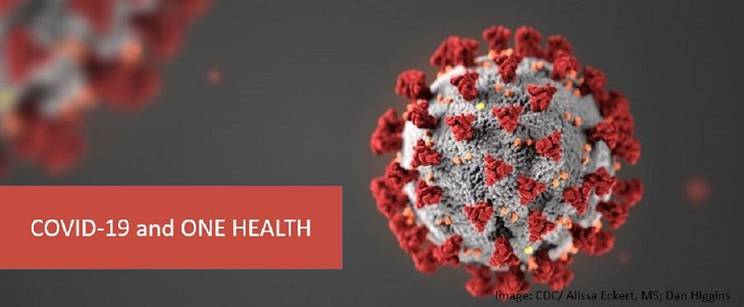Author: Tim Hollo In: The Guardian
Everything is connected…..….
Damage the environment and we damage ourselves. And not just some of us – all of us together. Continue to think in our compartmentalised, linear fashion, and we’ll keep missing what’s coming, be it weeks of smoke, runs on toilet paper, or deadly pandemics……………..
We have an opportunity now to not just push for a new generation of environment laws, but to re-evaluate the whole deal, to cultivate a new political settlement based on ecological principles of living well together in harmony with the natural world, understanding our place as part of it as First Peoples did for millenniums, with an economy designed to serve people and planet…………..
Politics, like the natural world it operates within, is a system. It works in complex ways because all it is is the collected actions of humans, influenced by each other and by external impetuses such as the weather. Or viruses……………
Donella Meadows, the modern mother of systems thinking, wrote that the most effective leverage point to change a system is “the mindset or paradigm out of which the system ... arises”. It’s critical, then, that we confront the paradigm which sees environmental protection as of marginal importance at best, and as a barrier at worst. It’s vital that we challenge the mindsets of human disconnection from and dominance over nature…………….





